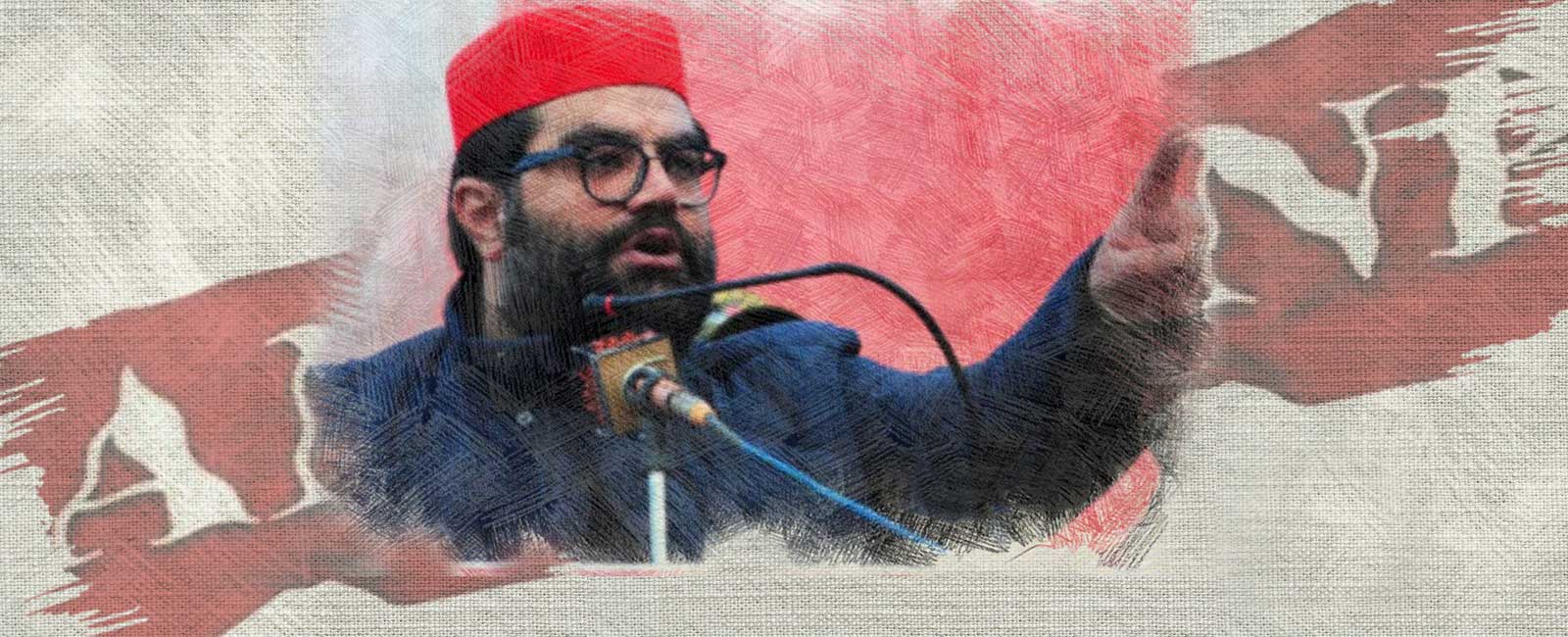Aimal Wali Khan: Can Bacha Khan's scion-led ANP outvote rivals in Pakistan election?
ANP, which is a Pashtun nationalist party, is still one of the popular political parties in Peshawar, where it might give a tough time to PTI, PTI-P, JUI-F

Aimal Wali Khan, the scion of Khyber Pakhtunkhwa’s fabled political family, carries the mantle of his great grandfather Khan Abdul Ghaffar Khan’s struggle against the British colonial rulers, which earned him the title of ‘Sarhadi Gandhi’ for spearheading the legendary non-violent resistance movement in the rugged frontier territories before partition.
The 37-year-old, who called himself a ‘disruptor’, in a recent interview with Dawn News, is Awami National Party’s (ANP) candidate for the National Assembly’s NA-25 Charsadda constituency for the February 8 vote.
The heir to Walibagh, the ancestral town of the Walis, is poised to test his party's electoral brand as it faces fierce competition from its rivals.
Let’s take a look at what indelible marks Aimal’s ancestor left on the history of the subcontinent.
Hailing from Charsadda, Khan Abdul Ghaffar Khan, known fondly as Bacha Khan, played a pivotal role in the freedom movement that ultimately forced the British to flee the subcontinent.
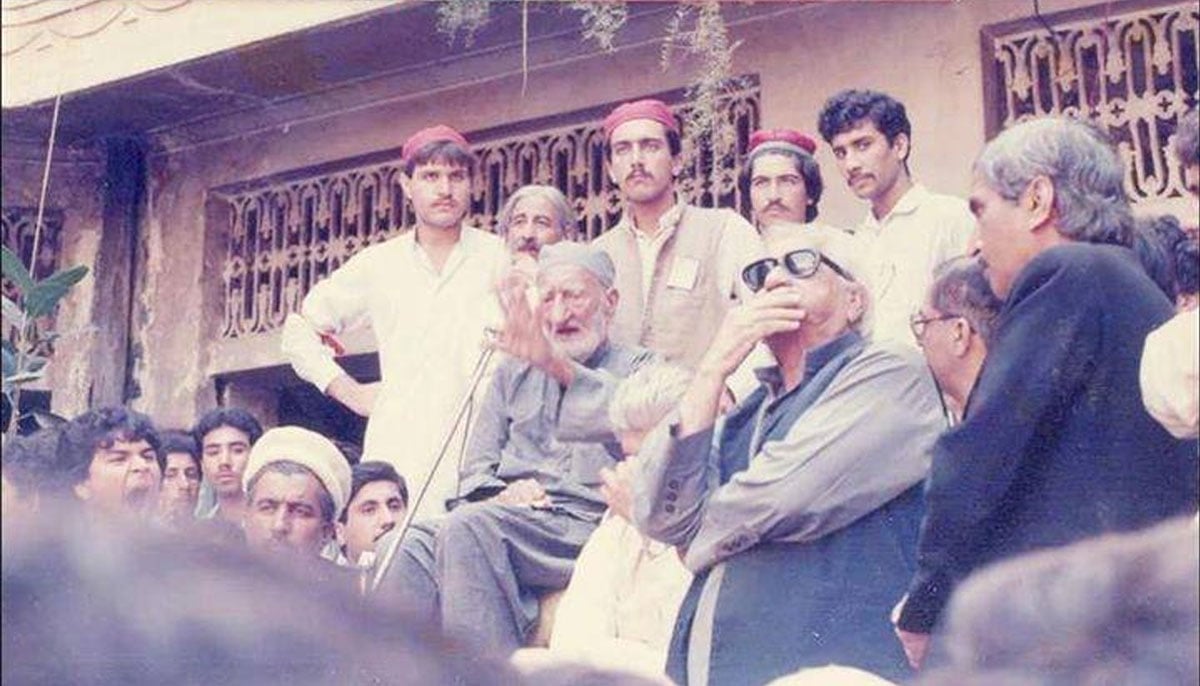
Despite being a leader of the Pashtuns, he continued to preach non-violence, like Mohandas Karamchand Gandhi and deeply touched the Pakhtun society through his "Khudai Khidmatgar" (Servants of God) movement in 1929.
During his lifetime, his son, Khan Abdul Wali Khan, became his political successor. He not only played a role in the development of the Constitution of Pakistan but also struggled against former prime minister Zulfiqar Ali Bhutto. He also languished behind bars as part of his struggle against Bhutto's regime.
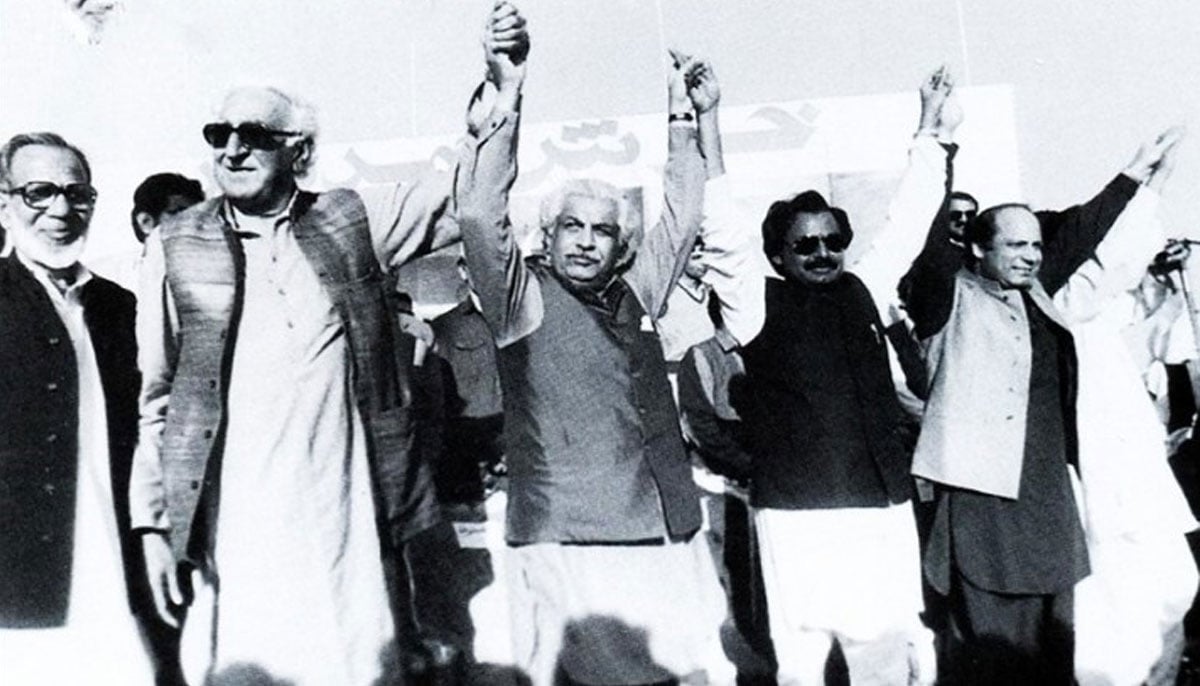
After Khan Abdul Wali, his son Asfandyar Wali Khan succeeded his father and was elected as a member of the National Assembly. In the 2008 elections, the Awami National Party (ANP) formed its government in Khyber Pakhtunkhwa along with the Pakistan People's Party (PPP).
The provincial government — under the leadership of ANP’s Amir Haider Khan Hoti — was accused of corruption, but in addition to doing significant work in the field of education, the ANP was at the forefront during the country’s battle against the Tehreek-e-Taliban (TTP).
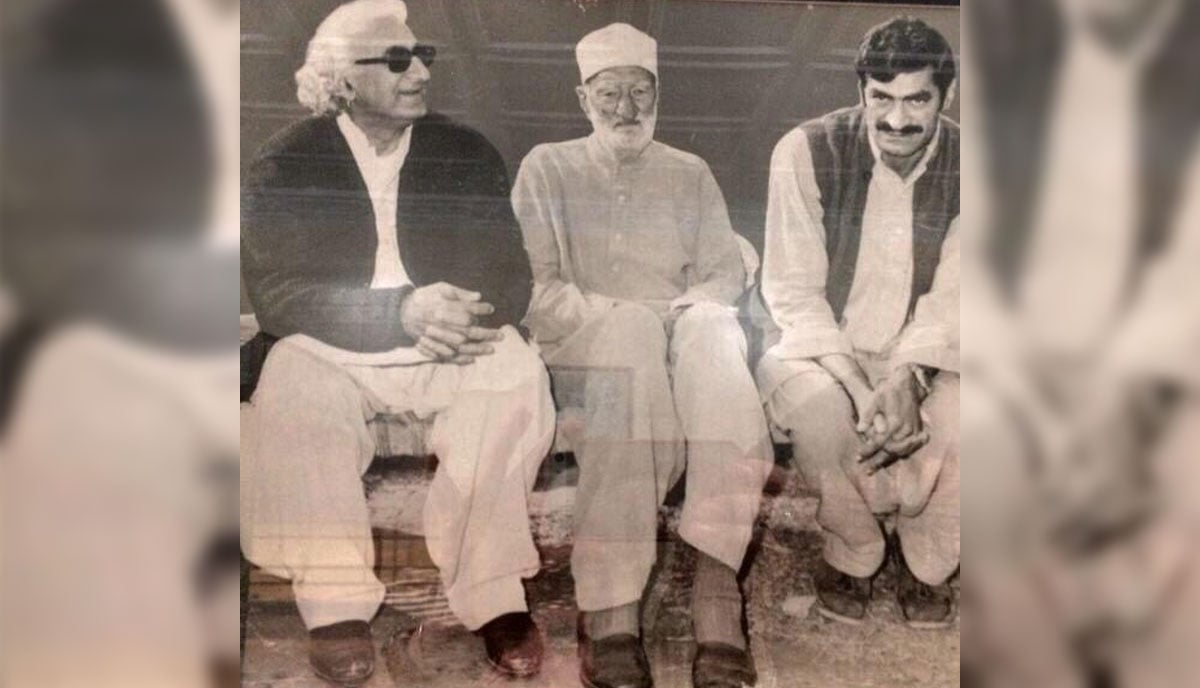
The ANP credits itself for passing the 18th amendment — which devolved powers from the federation to the provinces — and renaming the North-West Frontier Province to Khyber Pakhtunkhwa.
Although Asfandyar remains the central president of the ANP. He took a step back from practical politics after Pakistan Tehreek-e-Insaf’s (PTI) Fazal Khan defeated him in the 2018 elections. His illness has also forced him to lead the party from his residence.
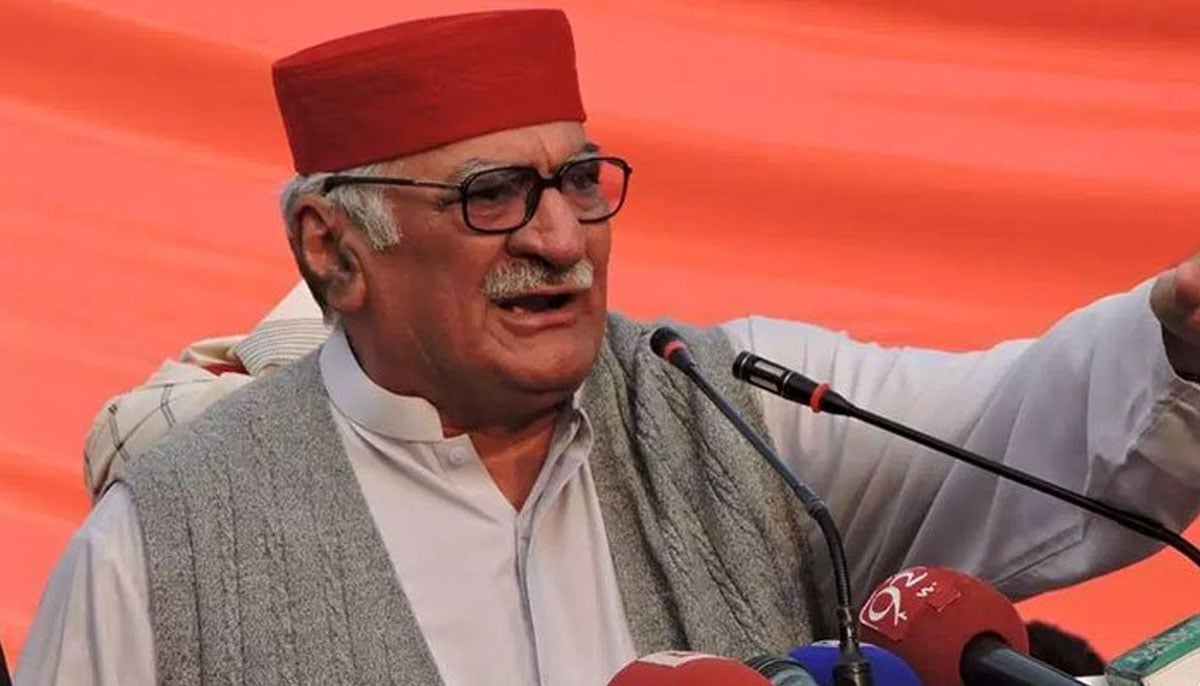
Meanwhile, despite being a provincial president of the party, Aimal — educated at Fazlehaq College and Aitchison — is running the ANP’s political and administrative show.
Aimal had contested the provincial assembly elections in 2018 but was defeated by a PTI candidate.
After taking over the leadership of the party, Aimal Wali Khan gave it new vigour and was active in inducting new leadership into the party.
His life is threatened by religious militant organisations, but keeping the tradition of his elders alive, Aimal refuses to sit at home even for a day.
However, the ANP’s top leader is also being criticised for being emotional and not acting consistently, while there are also complaints about ignoring senior party leaders in the distribution of party posts and election tickets.
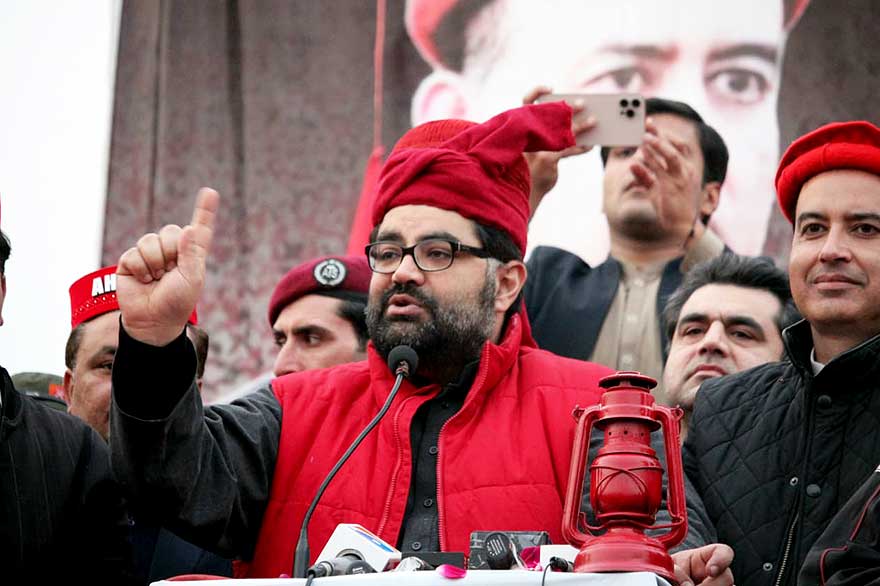
Aimal is running his election campaign resting on the laurels that it was ANP that brought an end to the unrest, got the 18th Constitutional Amendment passed, and secured the name Khyber Pakhtunkhwa for the province.
The party has awarded election tickets to 32 candidates for National Assembly seats in Khyber Pakhtunkhwa, while 95 other candidates — including five women — have received tickets for the provincial assembly.
Political observers believe that the Pashtun nationalist party is still one of the popular political parties in Peshawar, where it might give a tough time to the candidates of PTI, Jamiat Ulema-e-Islam-Fazl (JUI-F), Jamaat-e-Islami (JI), and the Pakistan People's Party (PPP).
The writer is a columnist and analyst at Geo News, The News and Daily Jang. He posts @SaleemKhanSafi
— Header and thumbnail design by IMM Creative



